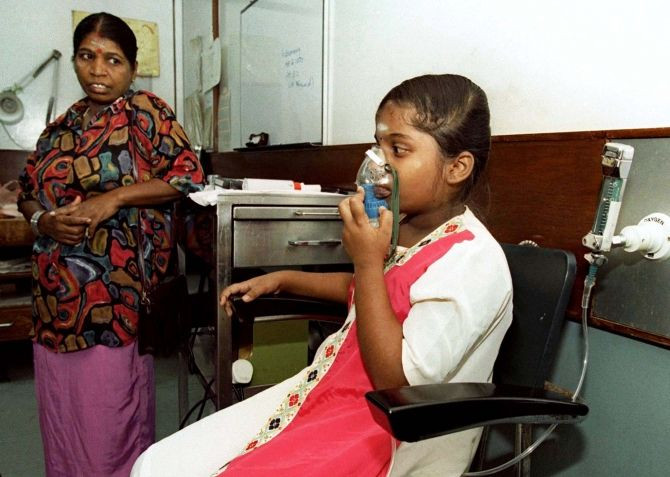Allergies Are Not Only Genetic but Also Gender Related

Not only are allergies hereditary, but also they are gender related among parents and their children. A new study suggests a child's risk of inheriting allergies increases if a parent of the same sex suffers from allergies.
Though prior research has confirmed allergies as a hereditary condition, many believed allergies were a maternal effect compared to a paternal effect, but Professor Hasan Arshad, DM, a consultant in allergy and immunology at Southhampton General Hospital, discovered allergic diseases, such as eczema and asthma, are gender related rather than simply being passed down from the mother.
Arshad and his research team monitored about 1,500 patients from the Isle of Wight (IOW) Birth Cohort Study. Participants were observed at the age of one, two, four, 10 and 18. At the ages four, 10 and 18 each participant underwent a skin prick test for the 14 most common airborne and food allergens, such as pet dander, dust mites, shellfish and eggs. The children's blood was collected to measure the levels of Immunoglobulin (IgE), an antibody that is screened for when testing for allergies, and they also underwent spirometry and bronchial provocation tests. Parents underwent testing for IgE as well.
Data revealed among boys the risk of asthma was only increased if their fathers were diagnosed with the condition. Similarly in girls, their risk of being diagnosed with asthma only increased if their mothers had it. Additionally, the research also demonstrated maternal eczema increased adolescent girls' risk by 50 percent and paternal eczema did the same for adolescent boys.
Arshad hopes that the study will assist physicians in choosing the best method to diagnose and treat childhood allergies. He recommends physicians should ask adolescent girls for their mother's allergy history and adolescent boys for their father's allergy history prior to prescribing treatment. He hopes the study will also open new possibilities for analyzing sex-dependent effects in hereditary disease with the hopes to one day find ways to prevent them.
The study was published in The Journal of Allergy and Clinical Immunology.



























